
An Indian Conservation Success Built on a Unique, Ancestral Relationship Between Humans and Tigers
For the Idu Mishmi people, the tiger is their brother. In order to save the Idu tigers, this exceptional relationship must also be preserved.

For the Idu Mishmi people, the tiger is their brother. In order to save the Idu tigers, this exceptional relationship must also be preserved.

At Pushkar Fair, traders and villagers from all over Rajasthan and neighboring states gather with thousands of camels for trading. This year, a week-long Camel Treatment Camp was organized to offer free veterinary care to the camels and provide information to their handlers about camel health and welfare.
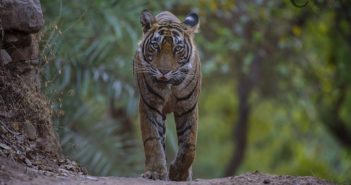
Tigers in India have been under threat for hundreds of years, and by the year 1971, their population had dropped to 1800. Though hunting tigers is outlawed today, they continue to be threatened by human activities, such as habitat encroachment, illegal poaching, and government-sanctioned killing of tigers deemed to be “man-eaters.”
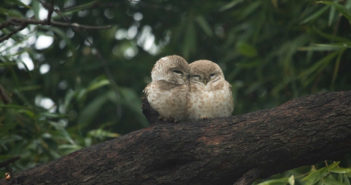
Significant numbers of owls are being illegally trapped and sacrificed each year in India to supply rituals and ceremonies marking annual Diwali celebrations. While the exact number of owls traded domestically is unknown, estimates place the figure in the thousands.
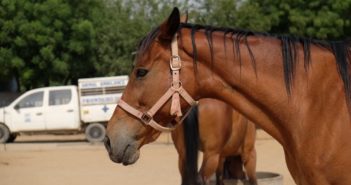
Animal Aid Abroad reports on their partnership with Friendicoes, who work tirelessly to improve the health and lives of working equines. Frendicoes uses their Mobile Equine Ambulance to treat equines in and around Delhi and has over 2,500 working equines in its care.

The Declaration of Rights recognizes that elephants cannot be paraded in temples, or forced to beg on the streets, or kept enslaved, not just because it’s cruel, but because it compromises their basic rights. Sign today to help achieve a rightful and dignified life for elephants in India!
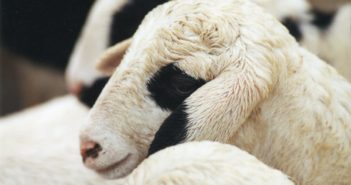
With over 2000 petitions in a day, hundreds of phone calls to the chief minister’s office, and several protests to stop these ‘flights of slaughter,’ we have showcased our strength and ability to work together as a cohesive community for the protection of animals in India.
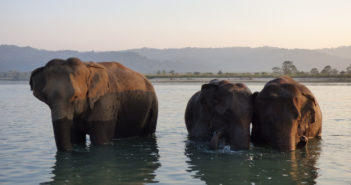
While securing legal protections for animals has always been a top priority for activists, the Nonhuman Rights Project is leading a novel approach toward animal rights law, as director Kevin Schneider explains in this special interview.
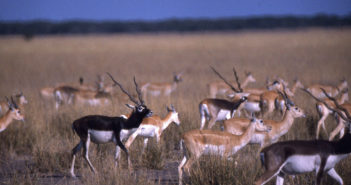
The law alone is not enough to stop violence against animals. Improving how animals are treated requires a shift in the way we campaign.
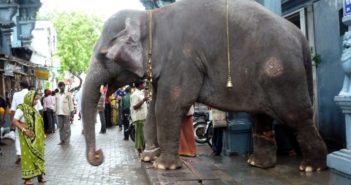
Federation of Indian Animal Protection Organizations (FIAPO) has taken a bold step forward: demanding legal personhood for the Asian Elephant on grounds of their intrinsic value and dignity.
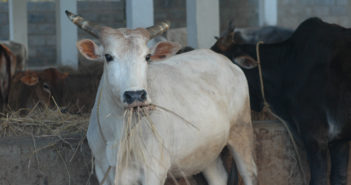
For all the commotion surrounding India’s 2018 budget, animals are entirely absent from the conversation. This serves as a stark reminder of how insignificant their sentience is in the Indian government’s decision making on economic growth and reform.
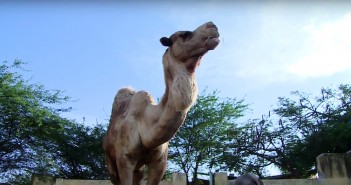
In a world in turmoil caused by war, economic pressures and environmental problems, it is easy to forget that we are not the only species living and surviving on this planet. Karuna Society for Animals & Nature is a safe haven for animals in distress, providing first aid and shelter for street dogs, cats and other animals.